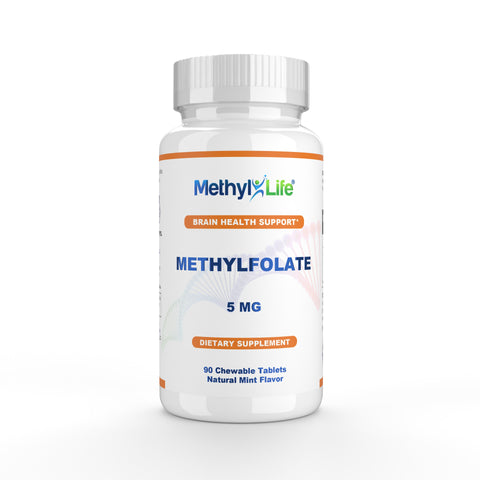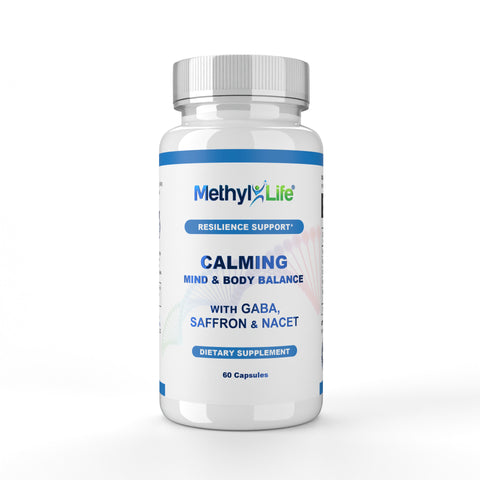Vitamin B12: Everything You Need to Know
Vitamin B12 (cobalamin) is an essential water-soluble micronutrient required for numerous functions in the body. It is crucial in one-carbon metabolism, DNA synthesis, cellular energy production, and the central nervous system.
B12 has several forms,1 including cyanocobalamin, methylcobalamin, deoxyadenosylcobalamin, and hydroxocobalamin. The cyano form is most often used in supplements.
Deficiency in Vitamin B12 is common worldwide, especially in older people and in populations with low consumption of animal foods.
This article will discuss the role of B12 in the body and how a deficiency can have severe health implications. We will then explain dosage requirements during different stages of life and how best to maintain adequate levels of B12 in the body.

















